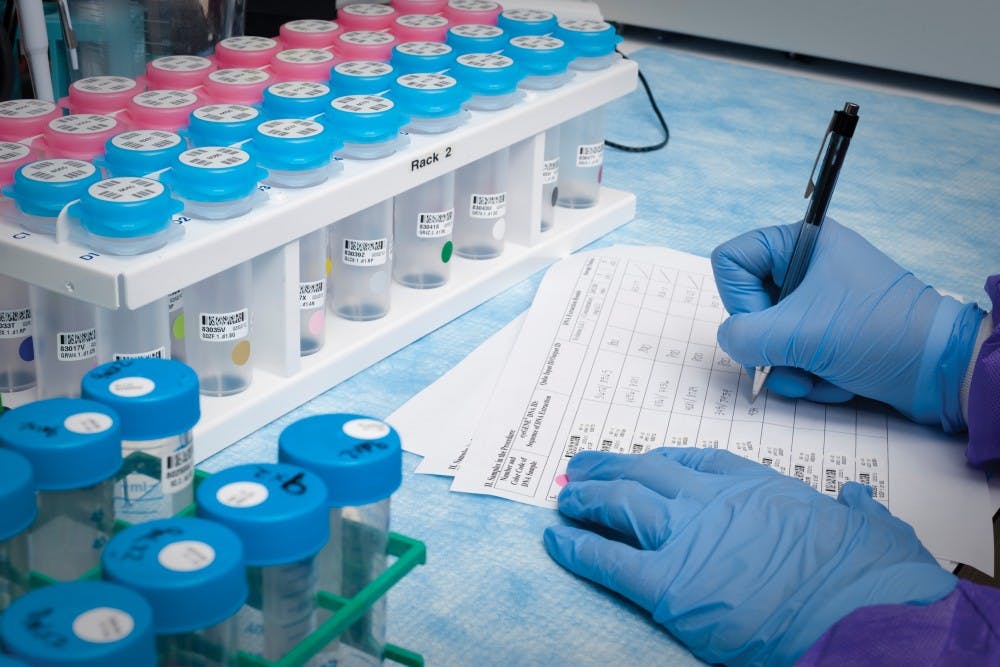A new study in genetics supports findings that debunk socially accepted views of race, evolution and the origins of human life. And a Penn professor is right at the center of it.
Sarah Tishkoff, a Genetics and Biology professor, and other senior researchers in her lab traveled to Africa to study different genes controlling for variations in skin color. Their findings, which they published in the journal, Science, demonstrate that the genetic variants controlling for skin pigmentation in humans are shared internationally by people of all races and skin colors.
These discoveries debunk the commonly held theory that skin pigmentation is a consequence of exposure to sunlight, proving instead that darker skin is the direct result of a specific genetic variant.
In the past, Tishkoff performed extensive research on the genetics of African populations, examining variable traits like height. Recently she became much more focused on the importance of studying skin pigmentation.
“Skin color is a classic variable trait in humans, and it’s thought to be adaptive,” Tishkoff said in an interview with Penn News, a University-run news outlet. “Analysis of the genetic basis of variation in skin color sheds light on how adaptive traits evolve, including those that play a role in disease risk.”
In the past, most of the research concerning skin pigmentation focused on discovering why some people have light skin.
“We knew quite a lot about why people have pale skin if they had European ancestry,” Nicholas G. Crawford, a co-author of the study and postdoctoral researcher in the subject genetics, told The New York Times. “But there was very little known about why people have dark skin.”
Studying 1,570 people from Botswana, Ethiopia and Tanzania, the researchers discovered eight different genetic variations, which account for 29 percent of skin color variation, including the MFSD12 gene, which they found responsible for the production of a darker skin color in humans.
RELATED:
Penn professors call to end use of race in genetic research
These Penn fellowships highlight issues impacting communities of color in Philadelphia and beyond
According to Philly Voice, one of these newly discovered gene variants developed 900,000 years ago.
Tishkoff told the Times that this conclusion “dispels a biological concept of race.”
Additionally, Tishkoff said that it is possible that there was a single population of Africans that possessed the genetic variations for both light and dark skin, and that “the variants associated with dark pigmentation were maintained only in South Asians and Australo-Melanesians and lost in other Eurasians due to natural selection.”
“There is so much diversity in Africa that’s not often appreciated." Tishkoff told Penn News. "There’s no such thing as an African race. We show that skin color is extremely variable on the African continent and that it is still evolving.”



